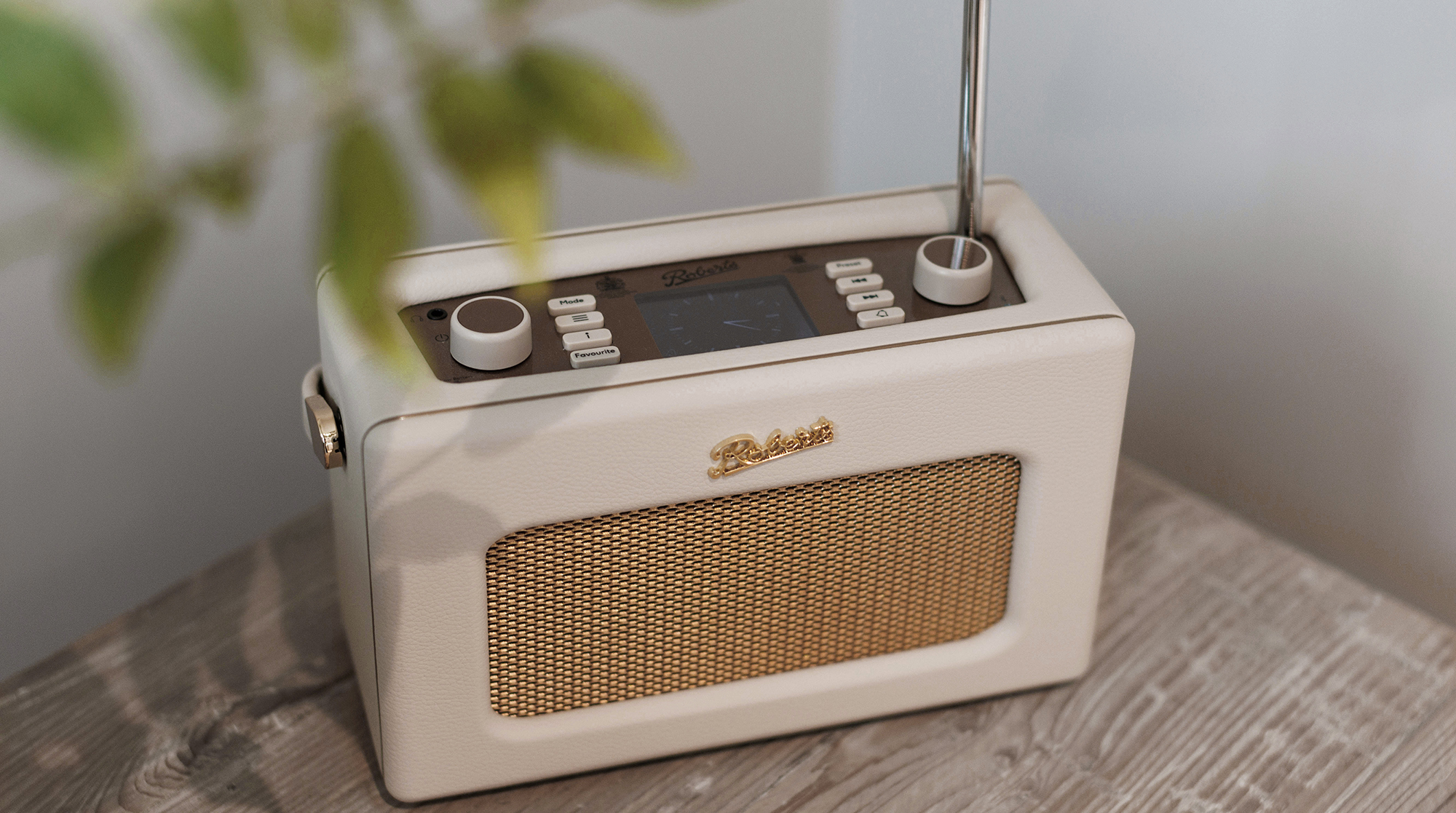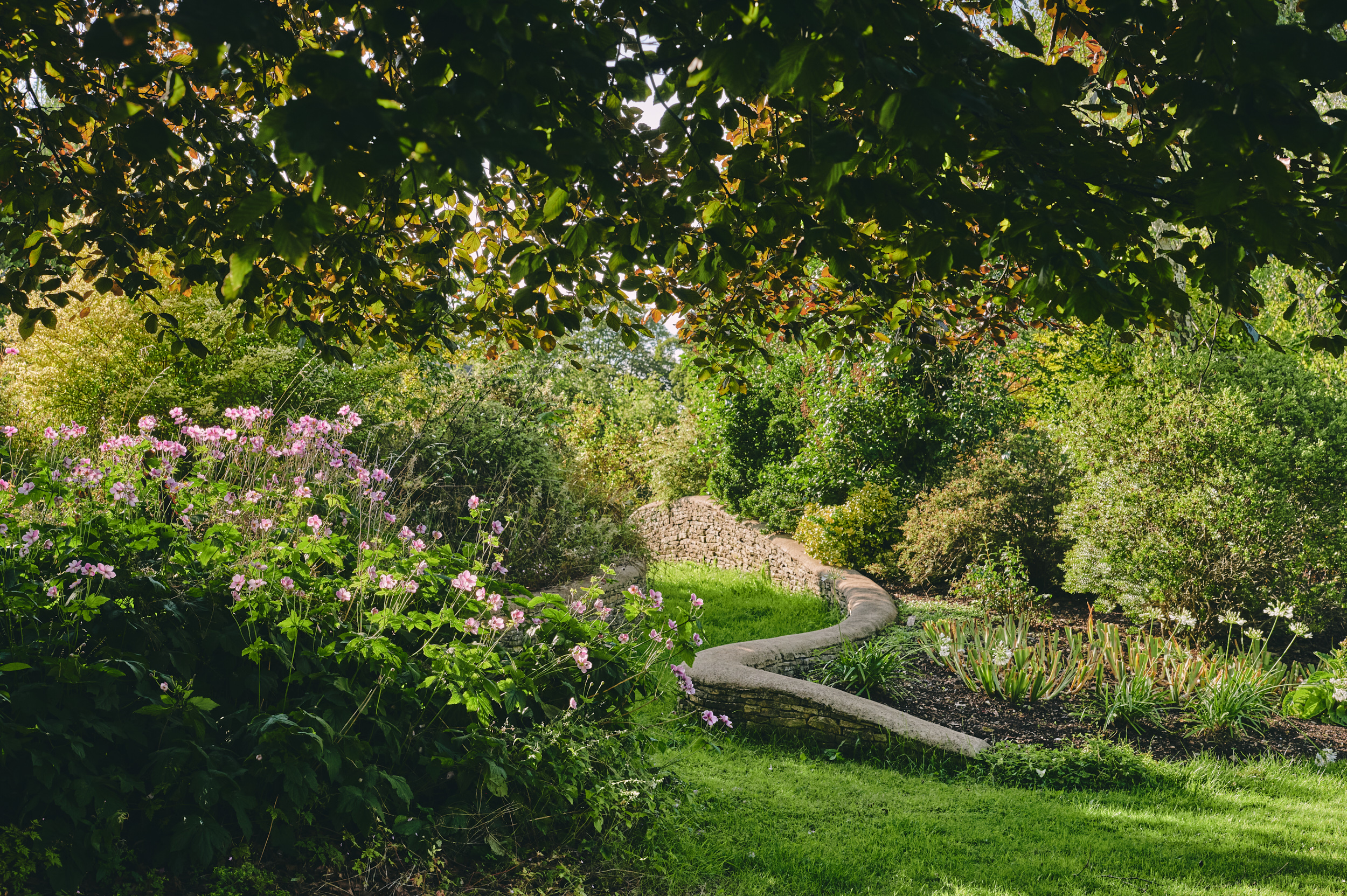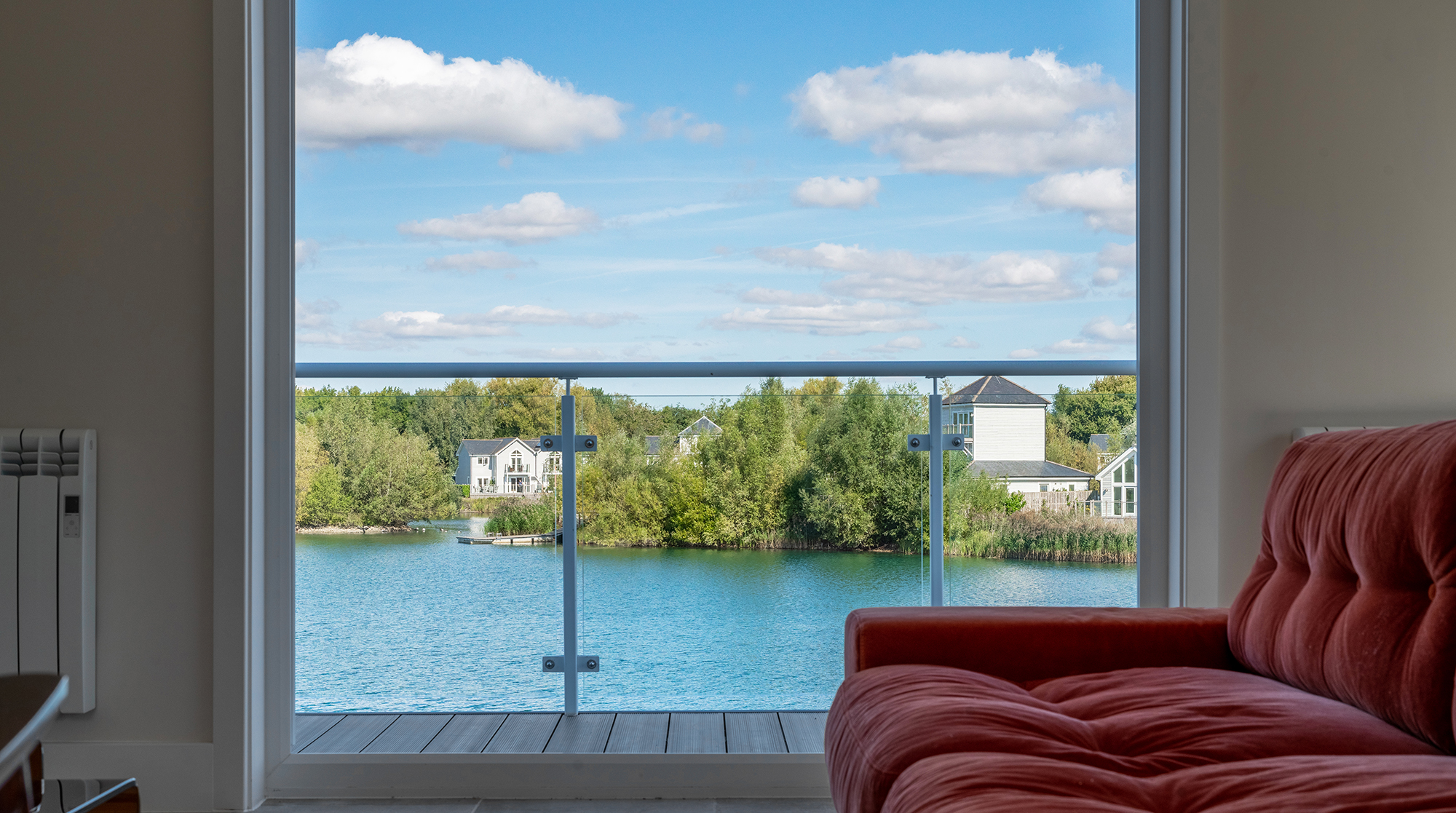
In a world that rarely slows down, the ability to truly relax has become both a luxury and a necessity. Although we know to rest, disconnect, breathe, and release tension, many of us still forget to do so.
Here, we offer some gentle guidance on ways to switch off, calm the nervous system, and simply ‘be.’ These practices are simple, evidence-backed, and surprisingly accessible.
Whether you need stillness, clarity, or a quiet reset, here are ten ways to relax that don't require apps, screens, or reminders —just space, attention, and a little time.
1. Spend Time in Nature
Even short periods outdoors, such as 20 to 30 minutes, can reduce cortisol levels, lower blood pressure, and improve mood and attention. These effects hold whether you are walking in a park or simply sitting in a green space¹. Over time, regular contact with natural environments has been linked to reduced anxiety and longer-term improvements in mental health².

2. Read for Pleasure
According to researchers at the University of Sussex, just six minutes of reading can lower stress by up to 68%, outperforming other common methods³. Reading provides both escape and focus, allowing the nervous system to settle into a calm rhythm.

3. Forest Bathing (Shinrin Yoku)
Originating in Japan, shinrin-yoku is the practice of slow, mindful immersion in nature. It has been shown to reduce stress hormones, lower heart rate and blood pressure, and enhance immune function⁴. Experts recommend at least 120 minutes per week of natural exposure to notice the benefits⁵.

4. Deep, Slow Breathing
Deliberate, slow breathing engages the parasympathetic nervous system, helping to calm the body from within. It reduces heart rate, eases muscle tension, and can be practised anywhere: while lying in bed, sitting in a garden, or pausing in stillness.
.jpeg)
5. Unstructured Time / Doing Nothing
Psychologists highlight the need for “mental white space,” time without screens, noise, or productivity⁶. This allows the brain’s default mode network to activate, which supports creativity, memory processing, and emotional regulation⁷. A walk with no agenda or an afternoon with no plans can be surprisingly restorative.

6. Listening to Music
Your favourite music can synchronise with your heart rate and breathing, while stimulating dopamine release in the brain⁸. Familiar or calming music has been found to reduce anxiety and even improve sleep⁹, especially when paired with a peaceful setting.

7. Taking a Hot Bath or Shower
Warm water immersion relaxes muscles, slows the nervous system, and improves circulation. Regular bathing has even been linked to better sleep and a reduction in mild depression symptoms¹⁰. It is a time-honoured ritual for a reason.

8. Practising Gratitude
Writing down just three things you are grateful for each day has been shown to increase happiness and reduce stress over time¹¹. Gratitude activates brain regions linked with emotional regulation and optimism, and when practised regularly, can reshape our experience of everyday life¹².

9. Walking Without a Destination
Walking with no particular purpose invites gentle mental flow. Studies show it can reduce rumination and stimulate creativity¹³. Add nature to the mix, and the benefits increase further. Let your thoughts wander, and your steps follow.

10. Being Near Water
Lakes, rivers, and coastal spaces are associated with reduced stress and greater feelings of calm¹⁴. Even listening to water sounds or watching rainfall can create a soothing effect on the nervous system¹⁵. There is a reason we are drawn to it.

Ready for a break?
Sometimes the best way to reset is to step into a space designed for calm, somewhere with fresh air, quiet surroundings, and time to breathe. Arlington & Row properties offer more than just comfort; they give you room to slow down.